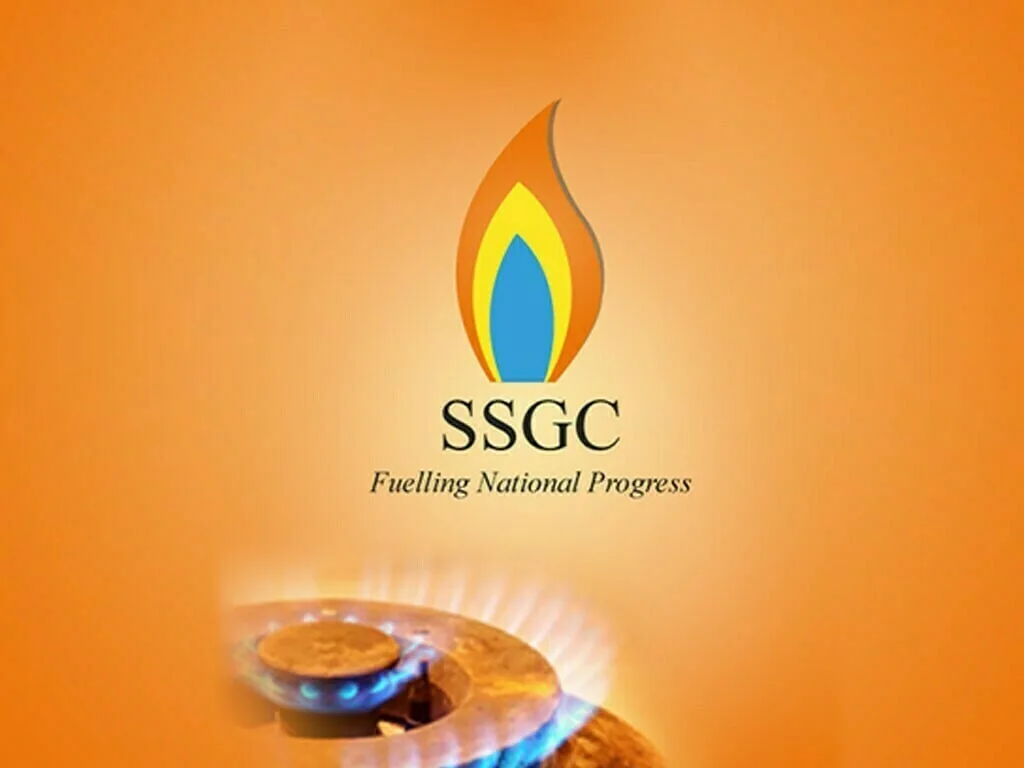
ssgc
The management of Sui Southern Gas Company (SSGC) is facing criticism for sending over 11 billion rupees in additional bills to consumers, allegedly as part of a planned effort to cover up the company’s losses and gas theft. The additional charges, which amount to 23 billion cubic feet of gas, have been sent under a scheme aimed at misrepresenting the company’s financial health and obscuring the true extent of its losses.
By sending these inflated bills, SSGC has artificially reduced its Unaccounted-for Gas (UFG) percentage from 18% to 10%. Lowering the UFG is seen as a move to present the company as profitable, despite the ongoing financial strain. From July 2023 to May 2024, consumers have been burdened with an additional 11 billion rupees in bills, which include charges under various categories such as gas theft, slow meters, and PUJ (Petroleum and Gas Usage).
SSGC’s total number of consumers exceeds 3.5 million, and during this period, the company sent a total of 79 billion rupees in bills, which is 44 billion rupees more than the previous year. In Karachi, across Sindh, and in parts of Balochistan, the practice of charging consumers for slow meters and PUJ charges continues, with millions of rupees collected under these controversial categories.
This move has raised serious concerns regarding transparency and accountability within SSGC, with critics accusing the company of attempting to deceive the government, Ogra, and other stakeholders about its true financial performance.
The Senate session is scheduled for today at 11:30 am in Islamabad’s Parliament House. A…
Sean Combs is set for an early release from prison following a significant sentence reduction.…
ISLAMABAD - Deputy Prime Minister and Foreign Minister Senator Mohammad Ishaq Dar spoke with European…
Cillian Murphy was recently thrust into the spotlight when speculations swirled around his potential casting…
Prince William and Prince Harry’s longstanding relationship has reached unprecedented lows, with the brothers reportedly…
Following escalating protests across Pakistan in the wake of the assassination of Iran's Supreme Leader…
This website uses cookies.